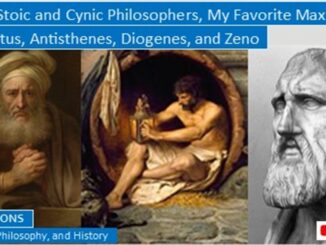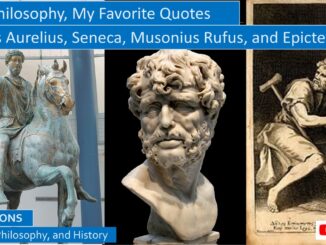
Brutalities Suffered By Slaves on the Plantations of the Antebellum South
In most systems of slavery, in both the ancient world and the Antebellum South, masters could beat, maim, and even murder their slaves, since slaves were property. However, abuse of slaves eased somewhat under the influence of the Stoic Philosophers and early Church Fathers. But it was common, in the Antebellum South, for masters to abuse their slaves, though they rarely killed them, since they were valuable property. But no mercy was shown to slaves who were brutally whipped by their masters, which Frederick Douglass often witnessed. No mercy was shown to suffering slaves in the Antebellum South. […]


